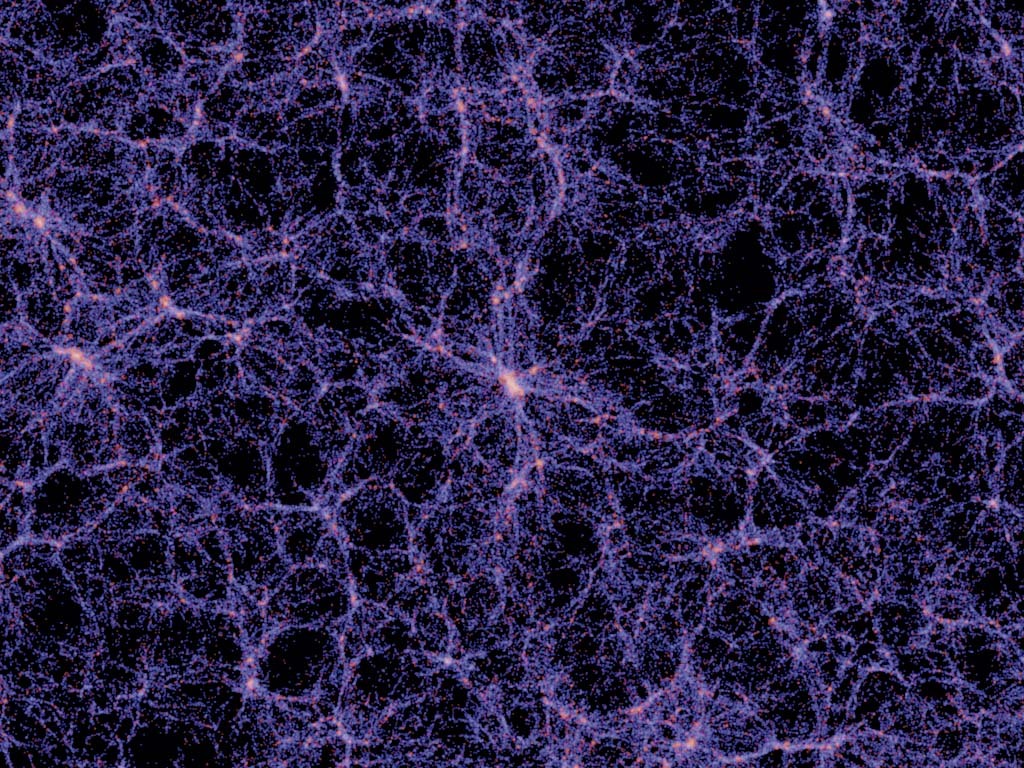Yesterday I saw the second program of Neil DeGrasse Tyson's Cosmos -- the one on evolution. I also recently read about John Holdren's testimony before the House Committee on Science, Space and Technology.
My basic instinct is to get mad at the people who deny science, or at least those in political power who do so. By their actions that will allow problems to develop on a global scale that need not develop, and will toss away opportunities for progress that need not be neglected.
It occurs to me to also feel sorry for them. Our understanding of nature has increased so much even in my lifetime, and those denying science tend to remain in ignorance of much of that which has been discovered.
The universe is a much larger and stranger place than people understood even when I was a boy. Scientists have developed a profound understanding of the way things are put together at a sub-microscopic scale; that understanding has made possible the Information Revolution, nuclear power, and is revolutionizing the materials used in industry. The web of live on earth is now seen to be far more complex and beautiful than people understood when I was a boy; our understanding of how it got that way is hugely improved. Space science has brought us new understanding of the global environment; computer modeling has allowed scientists to extrapolate their theories and compare them with global observations. Scientists are beginning to understand the operation of the human brain, and indeed the human body, in ways that would not have been imagined in my youth.
Deniers of science miss all of the excitement of such discovery; they miss the beauty of that which is being revealed. Their denial demands our pity. Of course, some deny science publicly because they find it expedient to do so. They deserve our pity as well for selling out.
There are some who see themselves as especially devote, who prefer to understand as people understood thousands or hundreds of years ago. The understanding of the universe, the world and the things in it was meager. Do you feel sorry for someone who is almost blind trying to appreciate a great painting, or someone who is almost deaf trying to appreciate a great musical work? Then feel doubly sorry for someone trying to appreciate the work of the creator of all things, seeing them not with the best and most detailed understanding but rather with the impoverished and ignorant view of those before the scientific revolution.
The Known Universe by the American Museum of Natural History


No comments:
Post a Comment